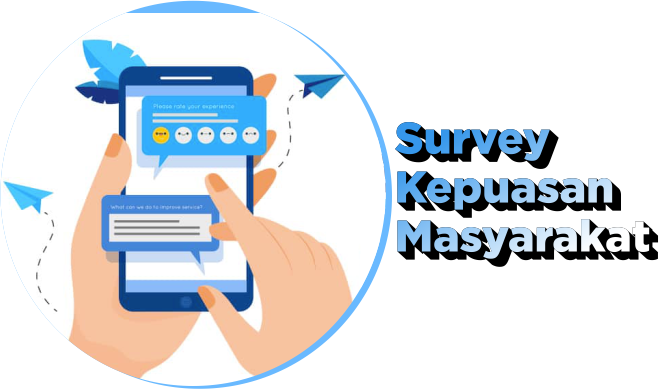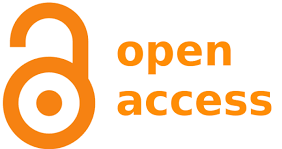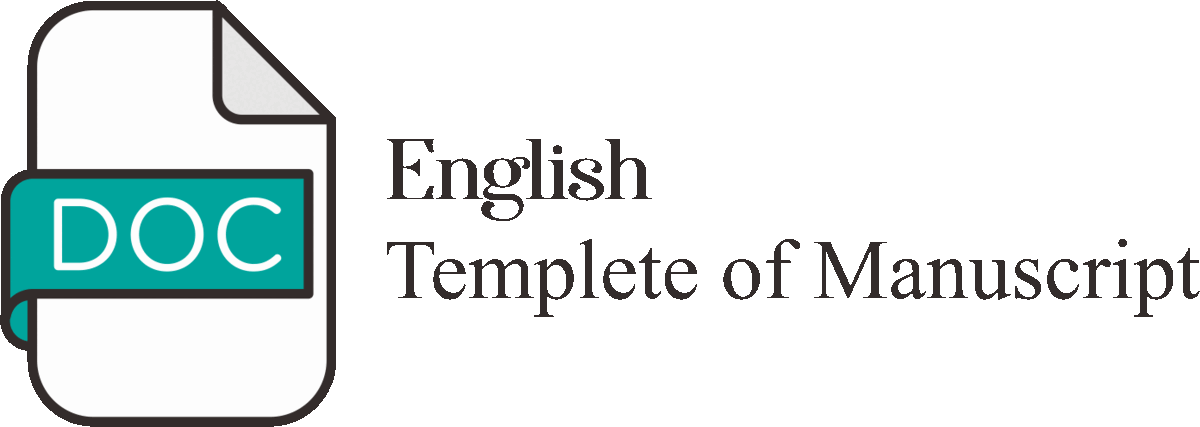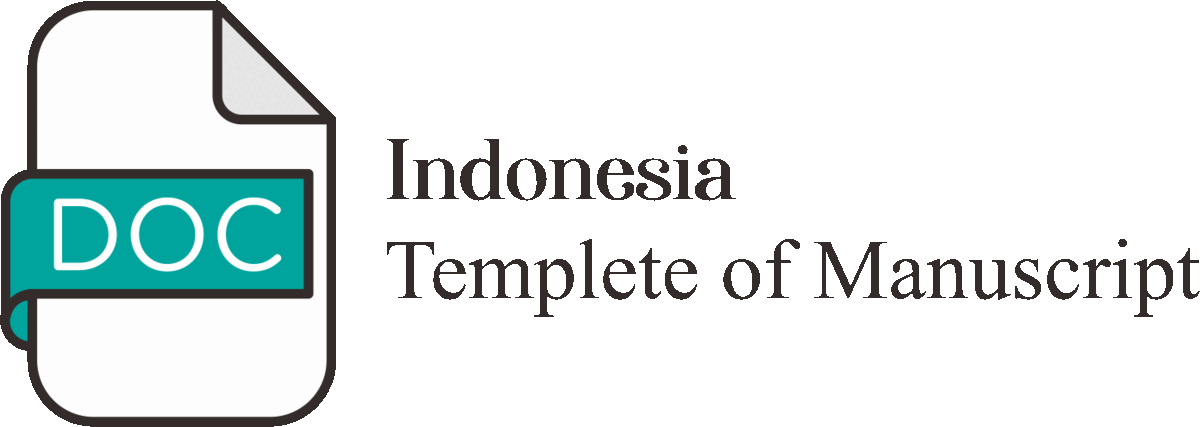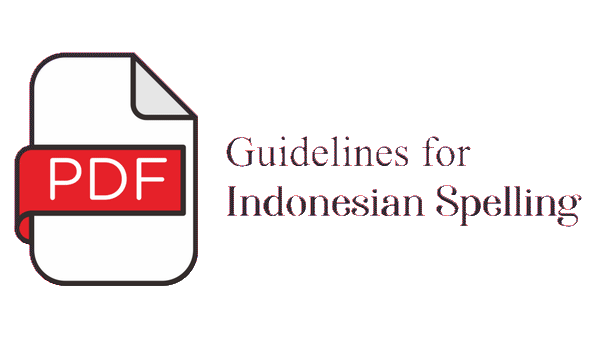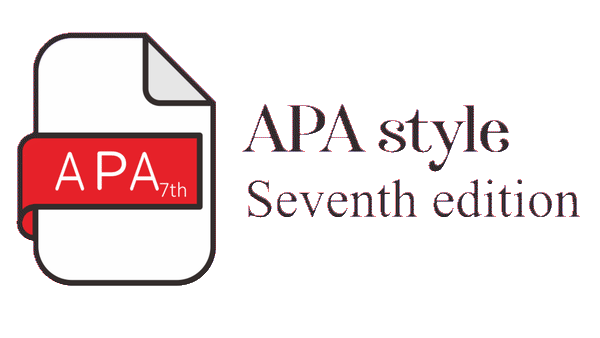STRUKTUR BISNIS KLASTER RUMPUT LAUT GORONTALO
Abstract
Bisnis rumput laut di Gorontalo memberi multiplier effect penting untuk masyarakat pesisir didaerah itu. Tujuan dari kajian ini adalah untuk memberi masukan tentang arah pengembangan bisnis rumput laut di Gorontalo. Penelitian dilakukan dengan tehnik Rural Rapid Appraisal, melalui wawancara dengan stakeholder pada beberapa desa di Kabupaten Gorontalo Utara dan Kabupaten Boalemo. Hasil penelitian menunjukkan tidak seluruh perairan Laut Sulawesi dan Teluk Tomini di Gorontalo sesuai sebagai lokasi budidaya rumput laut. Bisnis rumput laut di Gorontalo memerlukan penataan ruang dan kelembagaan untuk menghindari konflik dimasa depan, karena budidaya rumput laut hanya berkembang pada lokasi tertentu dan suplai rumput laut hanya diserap oleh dua pedagang besar. Rumput laut yang diperdagangkan adalah jenis Euchema cottonii. Posisi pembudidaya rumput laut cukup baik dalam mata rantai bisnis rumput laut ini. Rumput laut yang dikumpulkan oleh pedagang besar tersebut diperkirakan sekitar 70 persen dikirim ke
Surabaya dan sisanya dikirim Manado. Total margin pemasaran terhadap harga di Surabaya dan Manado masing-masing masing-masing berkisar antara (0,13 0,25) dan (0,10 0,22). Angka tersebut menunjukkan: pertama saat ini persaingan antar dua pedagang besar tersebut sangat kecil, kedua pengiriman rumput laut ke Surabaya lebih menarik dibandingkan mengirim rumput laut ke Manado. Pedagang besar merupakan core utama pengembangan klaster tersebut. Jika pemerintah melakukan upaya mendirikan industri SRC (Semi Refines Carragenan) di Gorontalo, tanpa mempertimbangkan peran pedagang itu maka upaya tersebut dapat merusak tatanan rantai pemasaran dan industri SRC itu sulit memperoleh bahan baku.
Tittle: Business Structure of Seaweed Cluster in Gorontalo
Seaweed business in Gorontalo grows gradually and drives an important multiplier effect for local costal communities. The purpose of this study was to give the alternative suggestion concerning the direction of sea weeds business in Gorontalo. Research was conducted using Rural Rapid Appraisal technique, through the interview with stakeholders involved in sea weed business in several villages in North Gorontalo, and Boalemo districts of Gorontalo. The research finding indicated: only a limited space of coastal sea areas of the Sulawesi Sea and Tomini Bay can be use as a location of sea weed culture activities. The sea weed business in Gorontalo need to manage the cultivated area and institutions improvement to eliminate the future conflict, due to local sea weed demanded only by two biggest traders in Kwandang. Only Euchema cottonii dried traded and the bulk of dried sea weed distributed to Surabaya 70 percent and the rest traded to Manado. Total marketing margin of dried sea weed comparing to Surabaya and Manado prices are (0,13 0,25) and (0,10 0,22). The values indicated: first there relatively small conflict between 2 wholesalers to collect dried sea weed. Second, Surabaya market more interested comparing Manado market in sea weed trade. If the Government plan to build the SRC industry in Gorontalo with no involvement of the 2 traders, the industry will be collapse within a year due to sea weed raw material shortage.
Keywords
Full Text:
PDFDOI: http://dx.doi.org/10.15578/jsekp.v2i2.5871
Indexed by:
-------------------------------------------------------------------------------------
Published by
Research Center for Marine and Fisheries Socio-Economic
in collaboration with
Indonesian Marine and Fisheries Socio-Economics Research Network

This work is licensed under a Creative Commons Attribution-NonCommercial-ShareAlike 4.0 International License.

